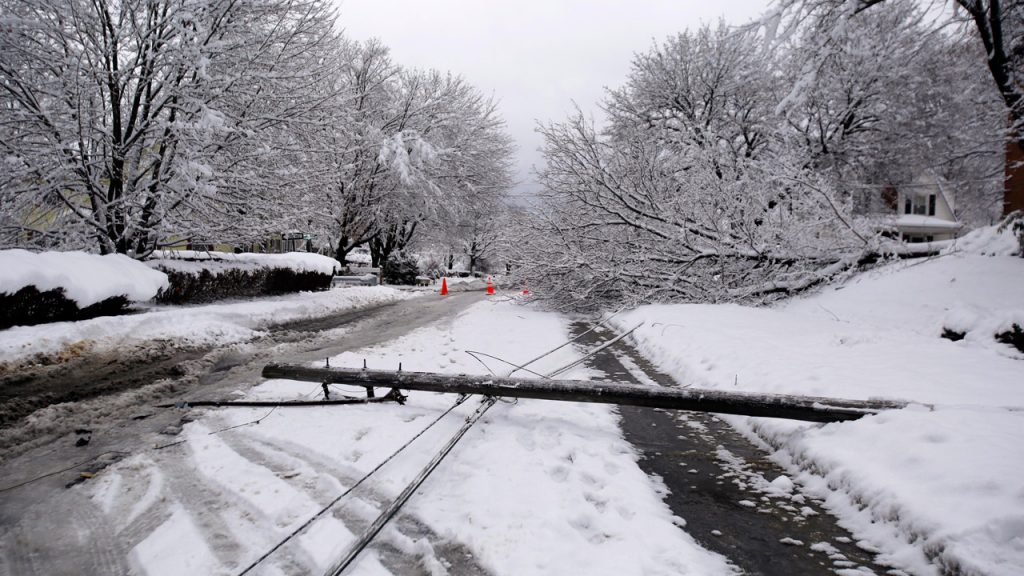 The weather outside is frightful, but your servers, workstations and routing equipment is all running smooth and delightful… right? Regardless of the meteorological cause: snow, ice, thunderstorms, lightning, high winds, or even a nearby car accident, your building’s electricity-and therefore, your business-can be affected.
The weather outside is frightful, but your servers, workstations and routing equipment is all running smooth and delightful… right? Regardless of the meteorological cause: snow, ice, thunderstorms, lightning, high winds, or even a nearby car accident, your building’s electricity-and therefore, your business-can be affected.
Lights go out, computer screens darken, connectivity is lost, machinery stops and productivity screeches to a halt. You also don’t want to be one of the American businesses that collectively lose about $50 billion annually due to power failure.
So what can you do?
Invest in a reliable Uninterrupted Power Supply (also known as a UPS). It is one of the most important investments you can make when you purchase any computing hardware. Not only does it protect your hardware investment, but prevents data loss; increasing user productivity. Mother Nature will have her moments; you can’t stop that. But when the electrical current going to your hardware is not steady, it can have dire consequences.
Your computers and servers need to properly shut down themselves in the event of a power loss. Also, it is extremely important to save all your data. All this can be achieved with the help of a UPS. A UPS system is primarily designed to provide enough power to your computer in times of need for you to save all your work and shut the computer properly. The UPS is also designed to protect your PC from voltage fluctuations. High voltage may lead to overheating, that can seriously damage the computer. Low voltage, on the other hand, prevents the optimum performance of the computer. A UPS system prevents all these problems. A UPS also provides protection against power surges, spikes and saps. Whenever there is an overloading of the main power line, there is a chance that your computer might suffer damage. This too can be prevented by using a UPS system.
Different Types of Power Problems
I mentioned earlier; a UPS protects against common issues relating to electrical current. It provides consistent backup power during inconsistent power issues. The UPS can protect both data and the computer equipment connected to it by stabilizing the voltage passing through. Let’s look at some of the potential power problems you could be facing during the next weather event or act of God.
Blackout: A complete loss of power. This can happen when a transformer is damaged or a power-line is downed. Cutting the power to a working Server without gracefully shutting down it’s running process can result in loss of data, corruption, or hardware failure.
Brownout: What seems like a brief blackout or “dimming” of lights, this can happen when there is an overload of electricity. The issue usually lasts for a short period, but it can cause damage to your devices.
Noise: Commonly caused by interference from lightning and generators; resulting in unclean power going to your devices. This is just as dangerous as a black or brownout.
Spike: A sudden increase in voltage lasting only a short time. Common causes of this are lightning or restoration of your power after a widespread outage.
Power Surge: A dramatic increase in voltage. Surges last a very short time, but can cause significant damage to computer components.
Any outage scenario can cause worry and wonder about the safety of your hardware. Having a working UPS in place before you need it can help prevent a costly disaster. They come in a range of sizes and models that target different types of equipment, so you’ll want to check with an expert to determine which UPS is right for your needs.
